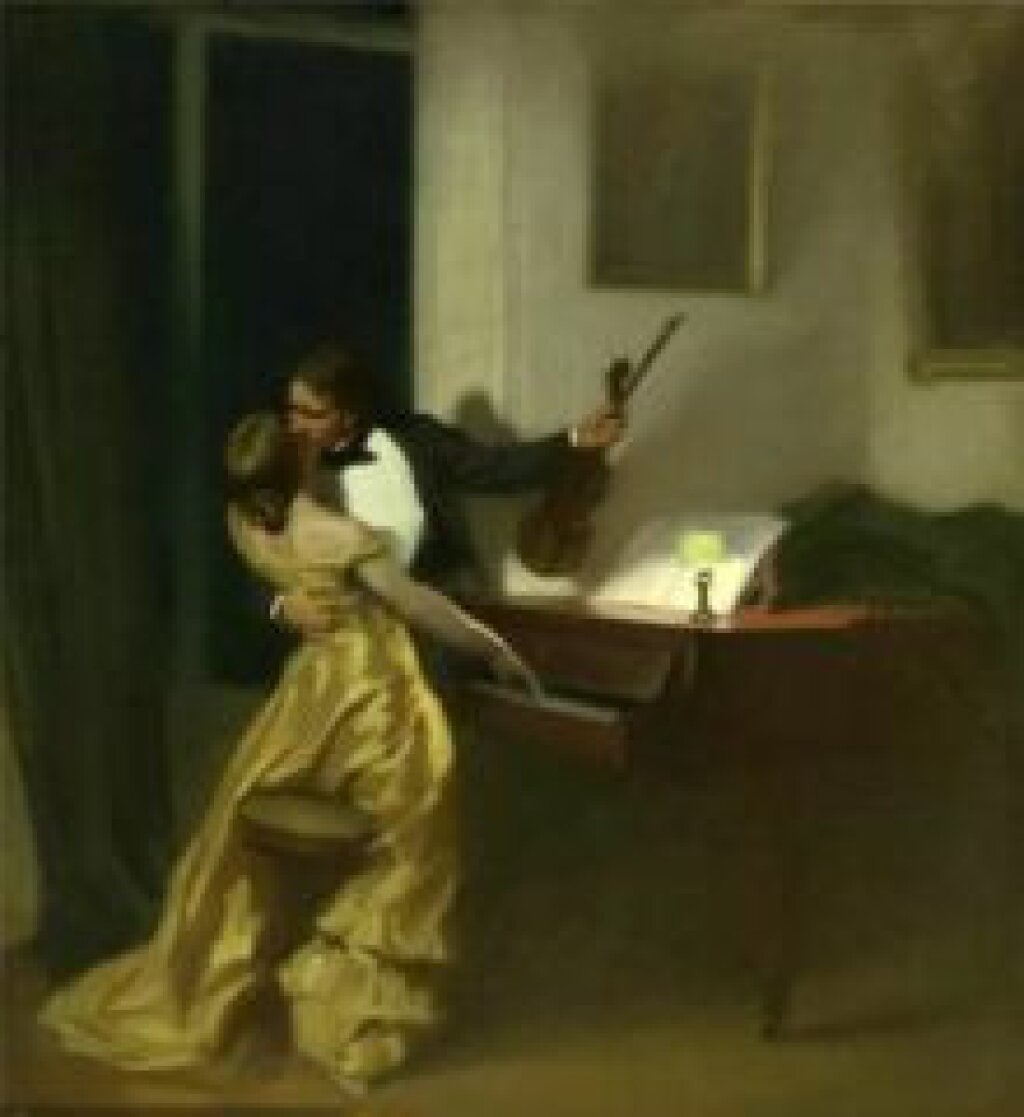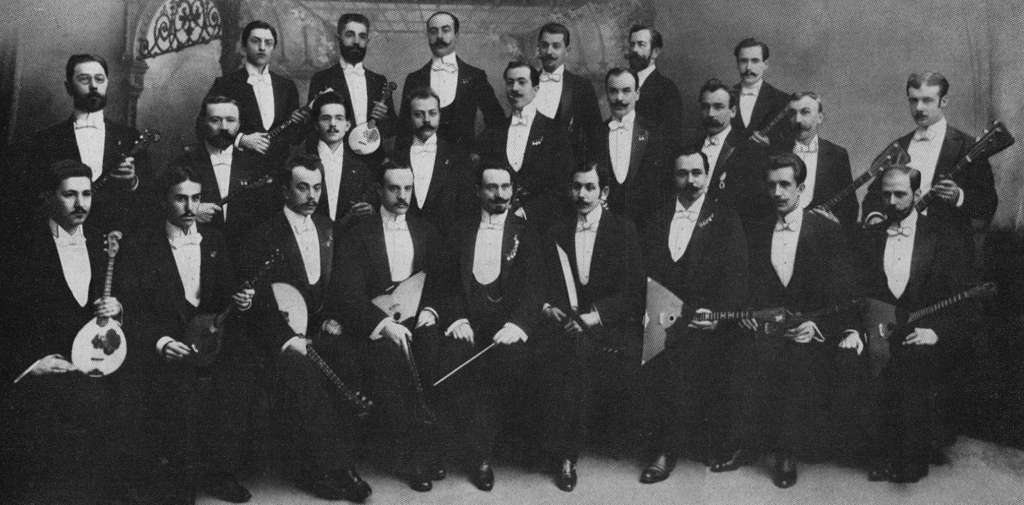This is Part I in a two-part series. Part II will follow on Friday, 2/5.
Fiona Bell is a literary translator and scholar of Russian literature. Her writing has appeared in Full Stop, Asymptote Journal, The LA Review of Books, and elsewhere. She is from St. Petersburg, Florida, but currently lives in New Haven, Connecticut, where she is earning a PhD in Slavic Languages and Literatures at Yale University.
When I started reading nineteenth-century Russian literature, I found it hard to believe how often strangers strike up conversations on trains. But this is not just a literary device. Whenever I take an overnight train in Russia, I find myself caught up in conversation with the person across from me. Earlier this year, on my way to Moscow, I was seated next to a sixty-one-year-old woman. In the five hours before bedtime (and beyond, actually — she kept talking, as if we were ten-year-olds at a sleepover) I nodded and grunted politely while she performed one of the most bigoted monologues I have heard. One I’m sure many of us are familiar with, featuring meditations on Jewish people, immigrants, and women. “Why are these women in Europe suing men for touching them twenty years ago? For looking at them funny? If it’s rape, sure. But why ruin someone’s career!”
I pictured myself as the narrator in Tolstoy’s 1889 novella The Kreutzer Sonata. Like me, he feigns sleep to escape a talkative seatmate. Like me, he is failed by this tactic. The stranger, Pozdnyshev, recounts his entire history with women, from his sexual initiation in a brothel to his unhappy marriage, which ended when he killed his wife. She had begun playing Beethoven’s “Kreutzer Sonata” with a local violinist. The sexual tension in the music, to the husband’s mind, could only mean that they were having an affair.
In fact, I was going to Moscow to see a theatrical adaptation of this novella, written by Elena Isaeva and staged at the Pushkin Theater by Alexander Nazarov. It was a small theater — two sets of benches with a play space in between. A woman runs in, wearing a trench coat and carrying a briefcase. She sits down on a bench. Across from her, a man stares. Fear (hers), contempt (his), and desire fill the room. He makes to leave. She runs after him. They struggle and finally start kissing.
“I killed my wife,” he says, breaking away. Her eyes go big and he lunges at her again. These kisses are spiteful and violent. He stops, having dazed her. “Well, I’ll tell you about it,” he says. “Do you really want me to? If I’m going to tell the story, I’ll have to start from the beginning.”
These are Pozdnyshev’s first words in Tolstoy’s work. Isaeva constructed the entire script out of this text, though her characters are not strictly Tolstoy’s. She named them “Man” and “Woman.” And, instead of telling his story to the unknown male narrator on the train, this Man tells Woman. And us.
He paces as he speaks. (Feverish pacing: another hallmark of the Russian canon.) Then he sits down next to me, on my right. He smells like tea. I wonder whether tea is his pre-show ritual, or just a note in his cologne. As he speaks directly to me — something about how all relations with women are depraved — I refuse his gaze and look directly ahead. I even smirk. To show the other audience members and even the actor himself that I’m cool. No need to worry, everyone, I’ve seen my share of immersive theater!
I’m smirking at the actor, but the character scares me. The actor drank tea before curtain. But the character killed his wife, and now I can feel his breath on my face. If the character were “real,” I would scoot away and take another seat across the room.
There’s also guilt. In steeling myself against the discomfort this murderer aroused in me, I refuse to relate to the character as “real.” This is a breach of the spectator’s code. An insult to the actor’s craft. I realize that my detached smirking is an unconscious act of vengeance against the actor for making me feel so uncomfortable. For turning me from a spectator into a victim. Later, watching recordings of the show, I noticed that the actor always sits next to a woman during this part.
In these first few minutes, the play bares its central themes. The Man expects the Woman to listen attentively to his tale of murder. While explaining his torturous sexual history, he fixates on the Woman’s red nail polish and compact mirror—distasteful signs of vanity. The cycle repeats: intense intimacy, intense derision, and back again. In her recent book, The Tragedy of Heterosexuality, Jane Ward describes this phenomenon, arguing that “boys’ and men’s desire for girls and women is expressed within a broader culture that encourages them to also hate girls and women.” This “love-hate” paradox, according to Ward, is the foundational myth of heterosexuality.
It is also the ideological basis of Nazarov’s production. For him, this isn’t just an adaptation of Tolstoy’s novella. It’s an “archetypical model of the relationship between Man and Woman.” Andrei Zavodiuk, who plays the Man, says in the show notes:
No one is accused in this play. My character just wants to stop and finally understand what gave rise to ‘the horror that is.’ The horror of men’s and women’s total selfishness in their relationships with one another, the complete indifference towards the feelings of the person with whom you share your life.
These artists are reprising what they consider a timeless truth: in the antagonistic yet erotic battle of the sexes, men and women are equally matched opponents.
Unfortunately for them, this message evaporates the moment the play begins. The Woman wants the Man’s attention and tries to please him. But she is also afraid, and not without reason. The man moves from tenderness to violence in a matter of seconds. In Down Girl, her logician’s account of misogyny, Kate Manne explains the mechanics of this turn. When a person exhibits misogyny, it’s not because he hates all women but because a particular woman (his wife or girlfriend, maybe) has failed to be emotionally nurturing in the way he anticipates. So it’s not entirely correct to say that only the Woman is afraid. The Man fears being emotionally abandoned by the Woman. Tolstoy gives a perfect example: when Pozdnyshev’s wife is unable to breastfeed their child, he punishes her for neglecting her maternal duties. Manne emphasizes that men like Pozdnyshev often consider themselves victims in the moments when women do not give them the attention and service that they consider their due.
Contemporary research on abusers in the United States supports this claim. At group therapy meetings, convicted abusers commonly wonder whether the women in their lives aren’t somehow to blame. The more I think about this, the more I wonder whether this is what’s happening on the train between Pozdnyshev and Tolstoy’s narrator. To Pozdnyshev, men and women really do seem like equally matched players, just with different tactics. Women withhold emotional support; men deal blows.



